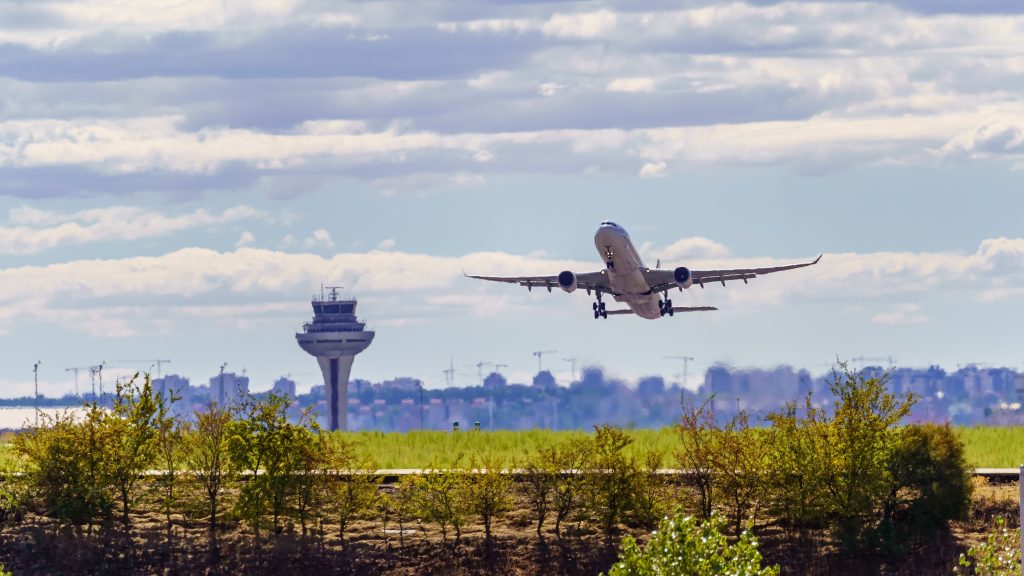Critical Air Traffic Control Modernization Moving Forward

The federal air traffic control (ATC) system, which monitors and assists in navigation for airlines, general aviation pilots, and the military, was built in the 1950s and 1960s, making it one of the oldest legacy information technology systems in the federal government. The ground-based navigation radar systems, which are still in use today, were first used in the 1940s. But after President Trump signed the One Big Beautiful Bill into law on July 4, 2025, long-delayed system modernization including upgraded technology and safety protocols is finally moving forward.
The bill includes $12.5 billion toward a $31.5 billion plan to upgrade the ATC and fund other safety and security improvements. Past efforts to modernize the system have been haphazard at best, and since 2002, Citizens Against Government Waste has called for greater accountability over ATC system modernization. The group named then-FAA Administrator Marion Blakey Porker of the Month in December of that year for allowing the installation of an untested and costly system at the Philadelphia International Airport, which led to on ground and in air problems and forced air traffic controllers to manually hand off airplanes.
The January 29, 2025, collision over the Potomac River between a PSA Airlines flight and a military helicopter increased scrutiny over the need for urgent technology modernization and safety improvements.
The OBBB funding will be used to upgrade telecommunications, consolidate and build improved air traffic control centers, and stop the use of ancient technology like floppy disks. As noted by Transportation Secretary Sean Duffy, “The One Big Beautiful Bill is the down payment America needs for a brand-new air traffic control system. While we’ll need additional funding to get the job done, the choice before Congress is clear – pass the OBBB and let USDOT get to work or vote no and leave USDOT with zero dollars to begin replacing our aging system.”
The OBBB funding will move the needle forward for air safety and help provide air traffic controllers with the modern tools they need. Congress and the White House should be commended for including the $12.5 billion in the OBBB and taking a critical step to overhaul the air traffic control system.
